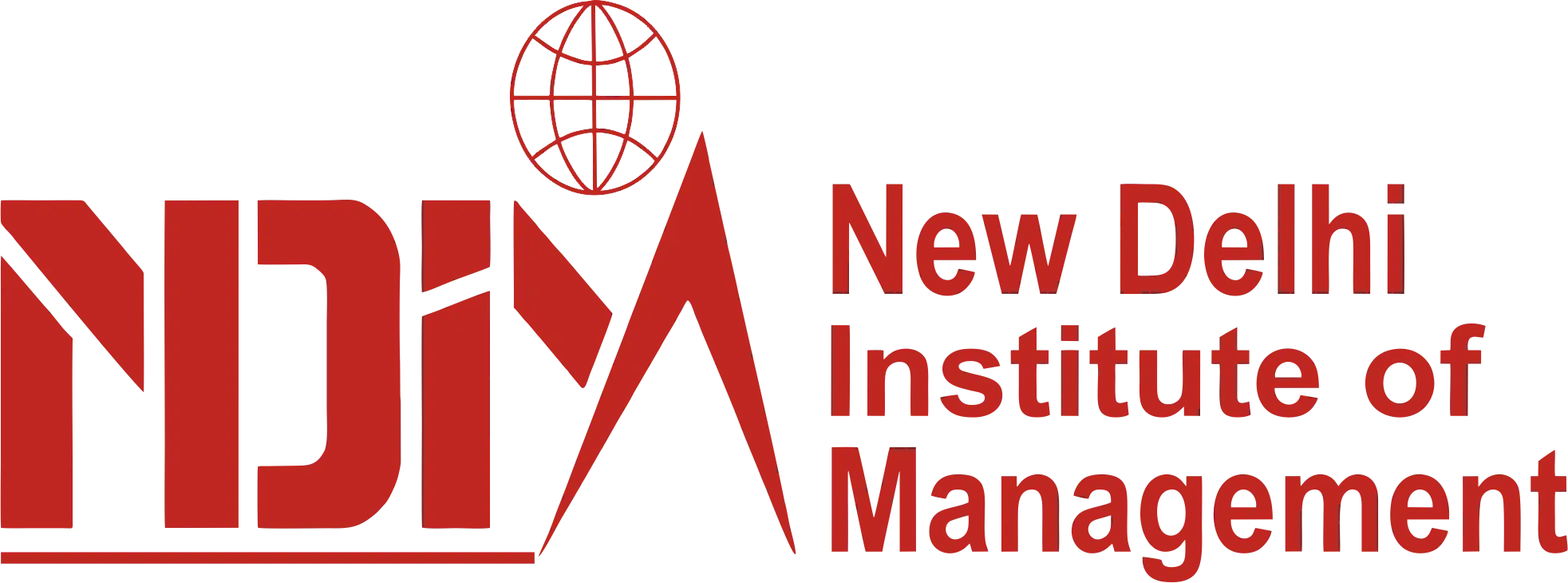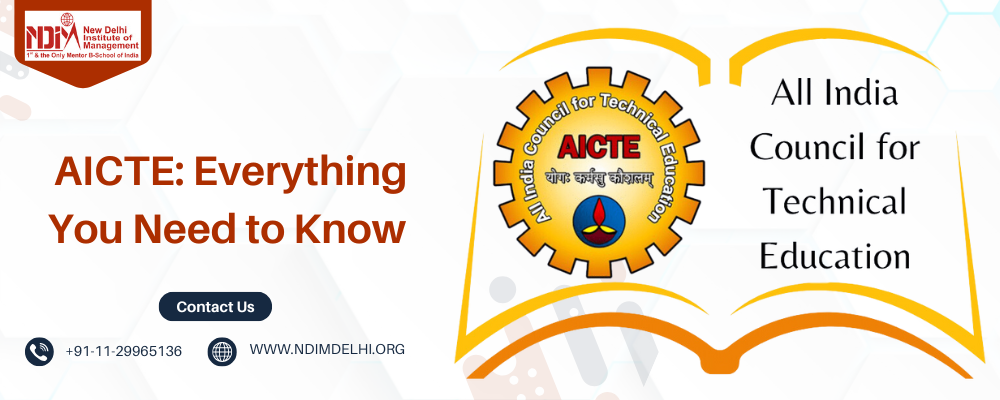All India Council for Technical Education (AICTE)
Home / AICTE
The All India Council for Technical Education (AICTE) stands as a cornerstone in India’s educational landscape, ensuring that technical education not only meets rigorous standards but also adapts to the evolving needs of society.
What is AICTE
Established in November 1945, AICTE began as an advisory body dedicated to surveying and promoting technical education in India. Itgained statutory status in 1987 through an Act of Parliament, empowering it to oversee the coordinated development of technical education across the nation.
Core Objectives of AICTE
AICTE’s mission revolves around several key objectives:
- Establishing Norms and Standards: As a statutory authority, AICTE formulates and maintains norms and standards for technical education institutions, ensuring consistency and quality across the board.
- Quality Assurance through Accreditation:The council provides quality assurance by accrediting institutions, evaluating their operations to ensure they meet established standards.
- Funding and Resource Allocation: AICTE monitors, evaluates, and provides funding for priority areas in technical education, fostering growth in essential sectors.
- Maintaining Certification Parity: It ensures the parity of certifications and awards, maintaining uniformity in the value of technical qualifications nationwide.
- Integrated Development and Management: AICTE manages and develops the technical education system in India, ensuring its integrated and coordinated progression.
Application Invited for PGDM 2026-28 at NDIM
Structure and Bureaus of AICTE
To effectively manage its responsibilities, AICTE comprises several bureaus, each focusing on specific aspects of technical education:
- Research, Institutional, and Faculty Development Bureau: Dedicated to advancing research and enhancing faculty capabilities.
- Planning and Coordination Bureau: Oversees the strategic planning and coordination of technical education initiatives.
- Academic Bureau: Focuses on academic standards and curriculum development.
- University Bureau: Manages relations and standards concerning universities.
- Administration Bureau: Handles administrative functions within AICTE.
- Approval Bureau: Responsible for granting approvals to new institutions and courses.
- Finance Bureau: Manages financial aspects, including funding allocations.
- e-Governance Bureau: Focuses on implementing digital initiatives for efficient governance.
Additionally, AICTE includes 10 Boards of Studies covering diverse fields such as engineering, architecture, management, and more, ensuring comprehensive oversight of technical education disciplines.
Vision and Mission of AICTE
AICTE envisions becoming a world-class organization leading India’s technological and socio-economic development by enhancing the global competitiveness of technical manpower and ensuring high-quality technical education for all societal sections.
Its mission includes:
- Acting as an objective regulator and facilitator.
- Providing transparent governance and accountability to society.
- Coordinating the development of technical education by implementing world-class standards through accreditation.
- Facilitating technical education by improving affordability, resource utilization, technology forecasting, and knowledge dissemination.
Roles and Responsibilities in Technical Education
AICTE plays a pivotal role in:
- Approval of Institutions and Courses: It grants approval for starting new technical institutions, introducing new courses, and varying intake capacities, ensuring that educational offerings align with national standards.
- Regulating and Standardizing Technical Education: AICTE ensures the quality, relevance, and global competitiveness of technical education by setting and enforcing attentive standards.
- Promoting Quality Improvement: The council promotes qualitative enhancements in technical education, striving for excellence in educational outcomes.
- Accreditation of Programs: AICTE holds the responsibility of accrediting postgraduate and graduate programs in specific technology categories for Indian institutions, ensuring they meet the required standards.
Conclusion
AICTE’s comprehensive approach to regulating and promoting technical education has been instrumental in shaping India’s educational landscape. By maintaining high standards, ensuring quality assurance, and fostering development, AICTE continues to play a crucial role in preparing India’s technical workforce for global challenges.
Among the many AICTE-approved institutions, New Delhi Institute of Management (NDIM) stands out as one of the Top MBA schools in India. Renowned for its excellence in management education and industry-focused programs, NDIM Delhi is a benchmark for quality in technical and management education.


